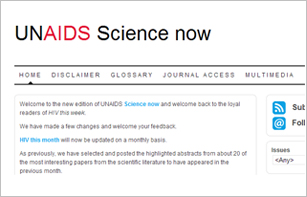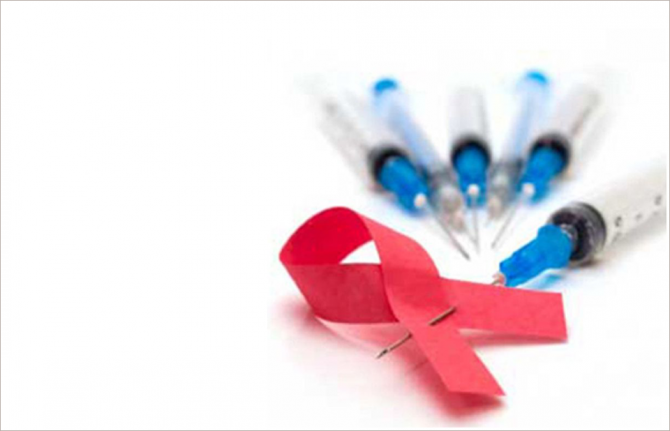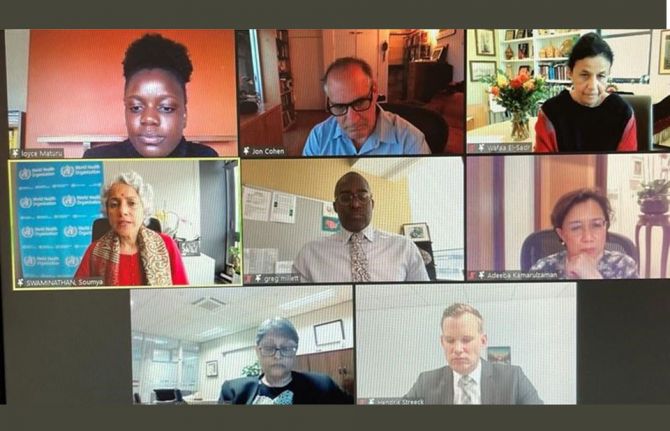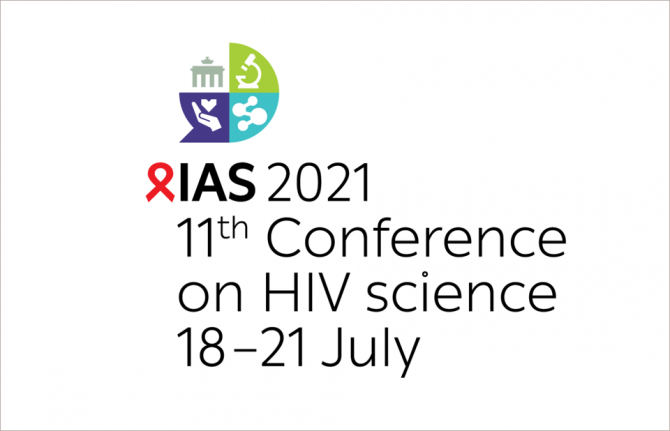
Feature Story
New UNAIDS platform highlights scientific advances
21 February 2013
21 February 2013 21 February 2013
Screenshot from http://sciencenow.unaids.org
In 2012 alone there were more than 14 000 scientific papers published on HIV. With such an impressive amount of information, it can be challenging to keep abreast of all the new developments. UNAIDS has launched an online platform, UNAIDS Science now, which highlights some of those papers that are particularly relevant to the United Nations high level targets.
UNAIDS Science now is based on what used to be the HIV this week blog also produced by UNAIDS. The new platform however, consists of a bigger interactive site that not only includes access to what’s new in scientific journals, but also space for discussions and debates on current issues around HIV science.
Each month, every title of every paper published will be systematically screened and a selection of about 20 abstracts of the most interesting papers will be compiled in the monthly digest HIV this month. Guest editors will highlight the most exciting articles providing their perspectives on why findings from specific studies are important and where they fit into the broader context of HIV research.
“In the past, HIV this week was an integral part of the reading list, so the launch of HIV this month is welcome news indeed”, notes Dan Allman who teaches an undergraduate course on 'HIV Prevention Research' at the University of Toronto.
We hope that UNAIDS Science now will become the ‘go to’ place for all of UNAIDS staff, national AIDS offices, research institutions and university students with an interest in HIV.
Peter Godfrey-Faussett, UNAIDS Senior Science Adviser
The online discussions will be an open space for the exchange of scientific information. They will be chaired by UNAIDS and will have guest speakers/discussants experts in different areas. The discussions will be webcasted and recordings of the discussions will be made available in the multimedia section of the new platform. Some podcasts on relevant topics will also be forthcoming.
“We hope that UNAIDS Science now will become the ‘go to’ place for all of UNAIDS staff, national AIDS offices, research institutions and university students with an interest in HIV,” said Peter Godfrey-Faussett, UNAIDS Senior Science Adviser. “The new platform will enable readers to have a better-informed position on specific issues, which will in turn translate into a better response to the epidemic.”
Related
 An HIV vaccine: who needs it?
An HIV vaccine: who needs it?

21 July 2021
 Science, HIV and COVID-19—where are we headed?
Science, HIV and COVID-19—where are we headed?

08 June 2021

